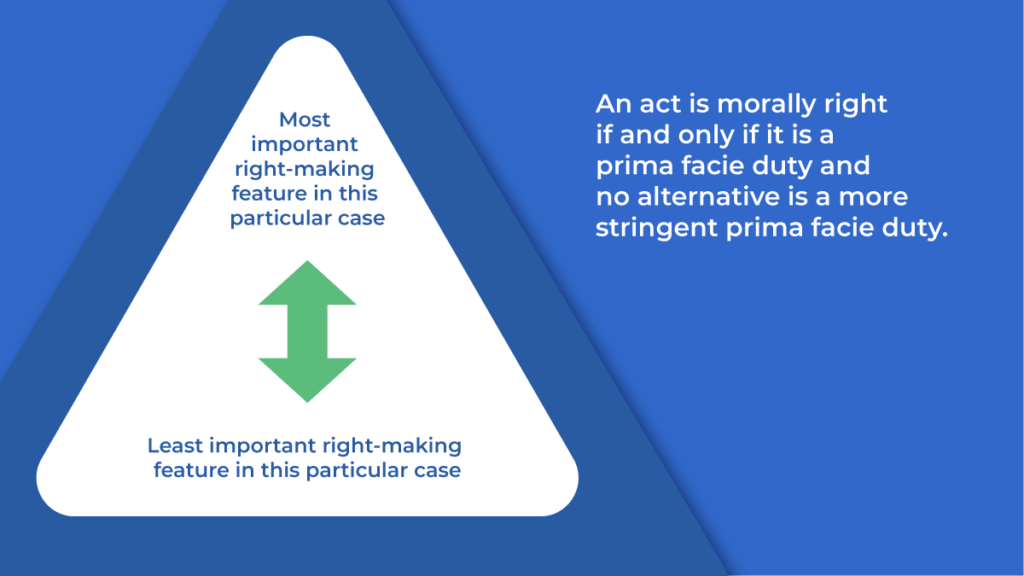ORIGINAL SCHEDULE PAGE
Introduction
Socrates says that “the unexamined life is not worth living.” He embodied that principle in his own life by questioning himself and questioning others, examining opinions and beliefs to clarify them and to see if they had valid supporting reasons.
We often hold beliefs that we haven’t really thought about, but once we do examine them, we understand them better. Sometimes we revise them because we realize we were mistaken and ought to abandon a belief for an improved one.
Socrates thought this process of examination, of really trying to discover what Justice and the Good are, both as individuals and in dialogue with others, was foundational to developing as a human being, to becoming a wise and just person, and to becoming a just society.
Socrates was put to death by Athens for being a critical, questioning voice and for refusing to be silent. He argued that he would harm himself morally if he ceased to live the examined life.
Thus, sometimes others, or your society feel threatened by someone who questions the status quo, or what have been unquestioned beliefs. Socrates thought that even if others don’t like criticism or a questioning approach, you still have a moral duty to engage in critical examination. He argued it was more important to aim for what is truly just and to live rightly than to just go along with the status quo or with what your peers or fellow citizens believe. But, he also thought that your own beliefs ought to be subject to the same critical examination, and that this should take place in dialogue and in community.
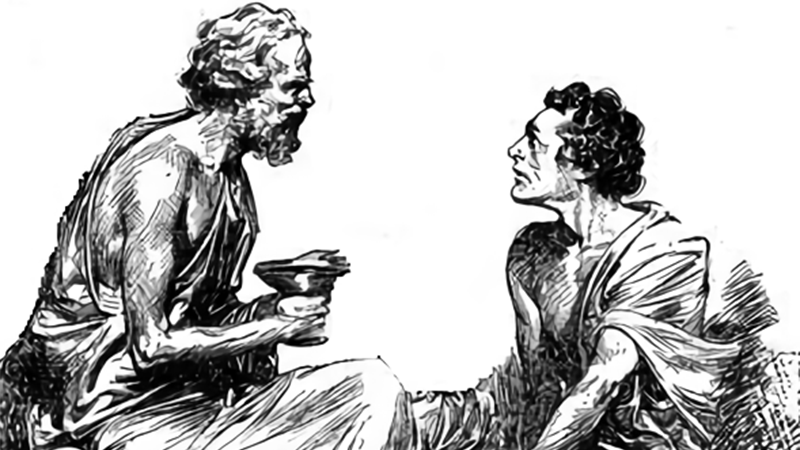
Martin Luther King defends the moral legitimacy of civil disobedience in his Letter From A Birmingham Jail. King argues that injustice doesn’t correct itself, but requires concerted effort, and that we have a moral duty to make such an effort.
Like Socrates, King thought that sometimes justice requires that one challenge the status quo if it is unjust, even if this means putting one’s life on the line as many did during the civil rights movement.
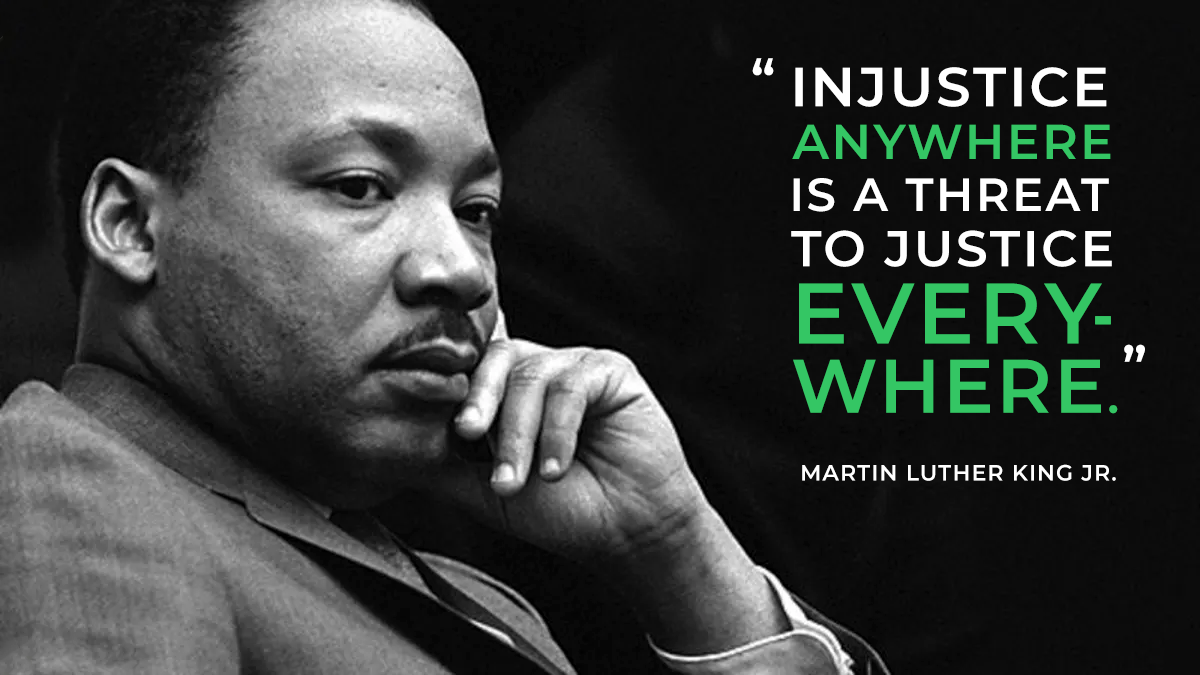
Does Life Have Meaning?
We would probably all agree that pleasure is experienced as good and pain is experienced as bad. And everyone would probably agree that arbitrarily inflicting pain on someone or some group of people is wrong. Thus, a pain-filled life is not the kind of life that anyone would choose to live or think of as a good life. Is pleasure then, and the absence of pain, the chief characteristic of a good life? If they were, what would such a life look like? Would it be a life that seeks to minimize pain? Or, one that seeks to maximize pleasure? Would these make for a fulfilling life?
Happiness seems to be an unequivocal good. But, what is happiness? Happiness seems to involve pleasure, and the absence of pain, but are there other components of happiness? While a happy life would be a good life, is that the same as a morally good life? Imagine someone who was secretly stealing from others and who never got caught. Would such a person’s life be a happy one? Could one live a happy life that was immoral or is living morally or virtuously a necessary component of a happy life?

Some studies have suggested that there are “healthy” and “unhealthy” kinds of happiness, meaning that there are biological, and not only psychological, benefits from different kinds of happiness. A pleasure-seeking, fun-filled life can be enjoyable, but is it the best kind of life? Many people would say that what’s important to living well is having a sense of purpose and other sources of meaning in life, such as, important and fulfilling relationships, participating constructively in one’s community, feeling respected, and so on. If that’s right, then finding meaning would be essential to living a good life.

How Do I Live a Good Life?
If you could save many people from great harm or save only one person from harm, many of us would think that we should try to save as many as possible. The thought is saving more lives and preventing more harm is morally better than saving fewer or preventing less harm. This is the thought behind consequentialist moral theories, of which utilitarianism is the most well known. According to utilitarianism, our actions should minimize pain and suffering, and promote happiness as much as possible. This is a natural thought and there are strong reasons in support of the idea that we should try to maximize good outcomes.
Still, there are some interesting complexities in applying the basic idea. For instance, how do we identify which consequences are the morally relevant ones? And how do we determine who is affected and thus for whom the consequences matter morally? Utilitarianism says we should be impartial, that is, recognize the equal moral worth of all persons affected. How then should we think about our moral duties and responsibilities to particular persons, such as family and friends?
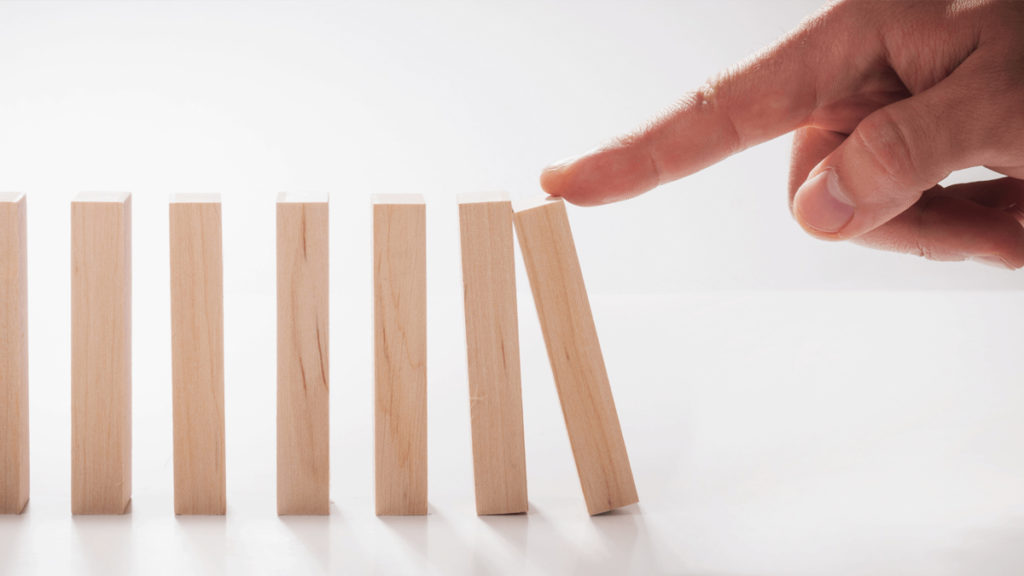
Rather than consequences, Kant, the major proponent of deontology, argues that a morally right act, is one that respects persons and expresses a “universalizable” rule, that is, a rule that each of us would want and think all persons should follow. The reason Kant thinks that persons are deserving of respect is because persons are rational and capable of being self-determining (autonomous). Persons can choose how to act, can choose the reasons on which to base their actions, rather than acting just on impulse, instinct, or desire. Therefore, morality should embody a principle of respect for persons as capable of exercising their own will and reason. Thus, the basis for morality is not so much a desirable outcome, but an underlying principle of respect.
Unlike Utilitarianism and Deontology which consider how to evaluate the rightness or wrongness of particular actions, virtue theory considers how actions contribute to shaping character. The focus in virtue theory is, how to become a good person and develop a virtuous character. Aristotle, an ancient philosopher who is a proponent of virtue theory, says that it takes practice, and that our practice should be guided by the called “the doctrine of the mean.”
Contemporary virtue theorists build on Aristotle’s ideas, but also introduce the importance of social virtues and the value of community in shaping character.
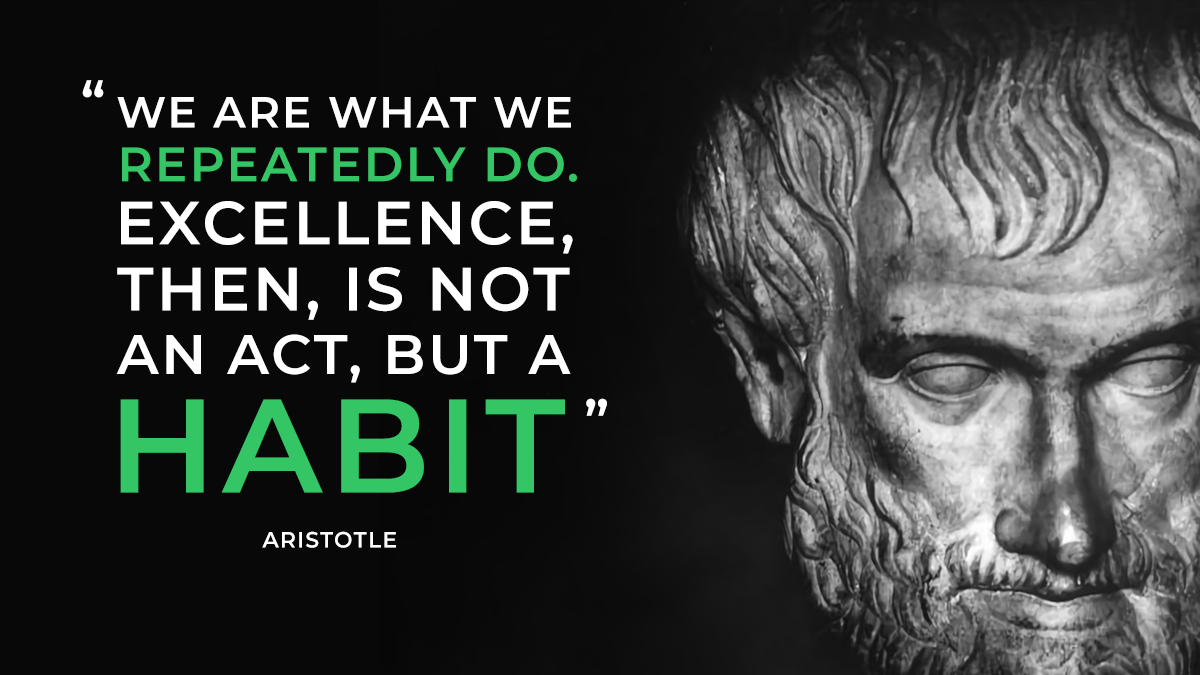
According to Social Contract theory, ethical norms and rules derive from an implicit agreement that self-interested, rational persons make. The agreement is to live by rules that make it possible for people to live together without fear of one another. Social contract theory envisions ethics as the rules and norms that allow for social cohesion and cooperation with as much individual liberty that is possible without encroaching on the rights and well-being of others.
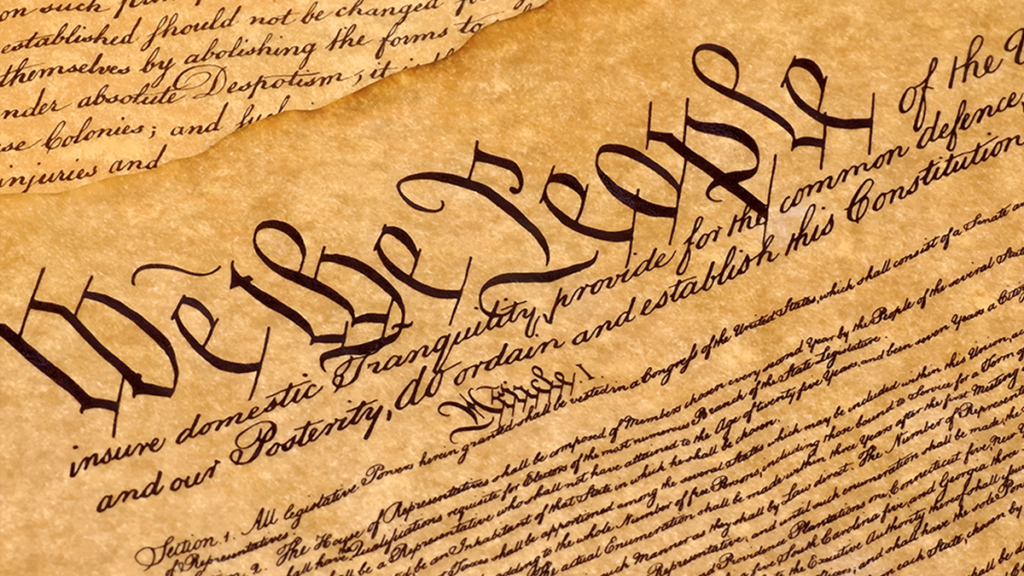
Everyone is vulnerable at some point in their lives. Feminist Ethics considers the ethics of care relations and responsibilities, and whether they are fairly apportioned.
Feminist ethics also considers how gender operates in our moral beliefs and practices, and seeks to highlight in particular the impact of gender on issues of justice and equity.
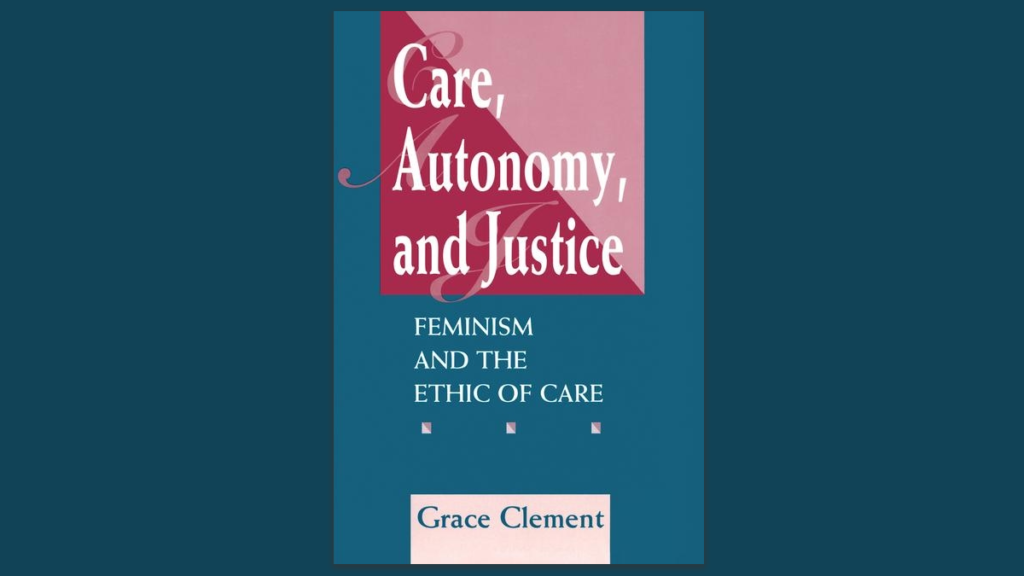
Should I Practice a Religion?
What we believe affects how we treat people, what we think is valuable in life, how we act and conduct ourselves in the world, and the choices we make. Therefore, there is a moral argument to be made that we have a duty to form beliefs responsibly. But what does that mean? A standard reply would be to say we should be self-critical and be careful about our sources, which may be a good rule of thumb. In practice, how would such a duty affect our consumption of news and use of media? Are there guidelines or principles that we should consider – such as, criteria for whose testimony is trustworthy? We might also consider the importance of being honest about when we don’t know something and adjusting action accordingly.
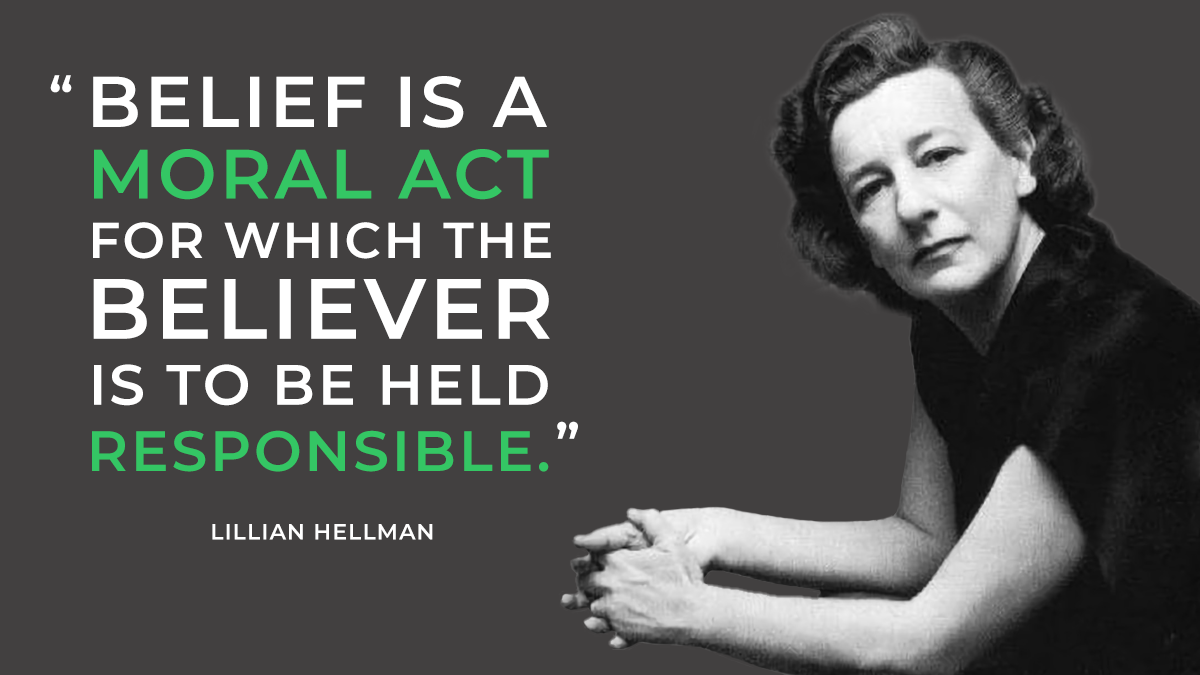
We have duties to presently existing persons, but what about future people, people who don’t even exist yet? Do we have moral obligations to tomorrow’s child? What is the moral standing of future persons?
Future people can’t say what their specific interests might be, so we can’t consult them and ask them to contribute to a dialogue with us about how we should balance their concerns with those of presently existing persons. If presently existing persons are in need, but addressing such persons’ needs would have significantly negative consequences for future persons, the problem is to figure out what are moral duties are in such a case.

Just about everyone would acknowledge an obligation to save a life, where the person in danger is right in front of you, and where only a small sacrifice of time or money is needed from you. Suppose the person in danger is far away, and you could still save them. Suppose that you have the power to save many lives, by making just one small sacrifice at a time. In fact there are people who live far away, and who are in danger of dying from starvation or disease. If you have the power to save some of these lives, what obligation, if any, do you have to make a small sacrifice in order to do so?
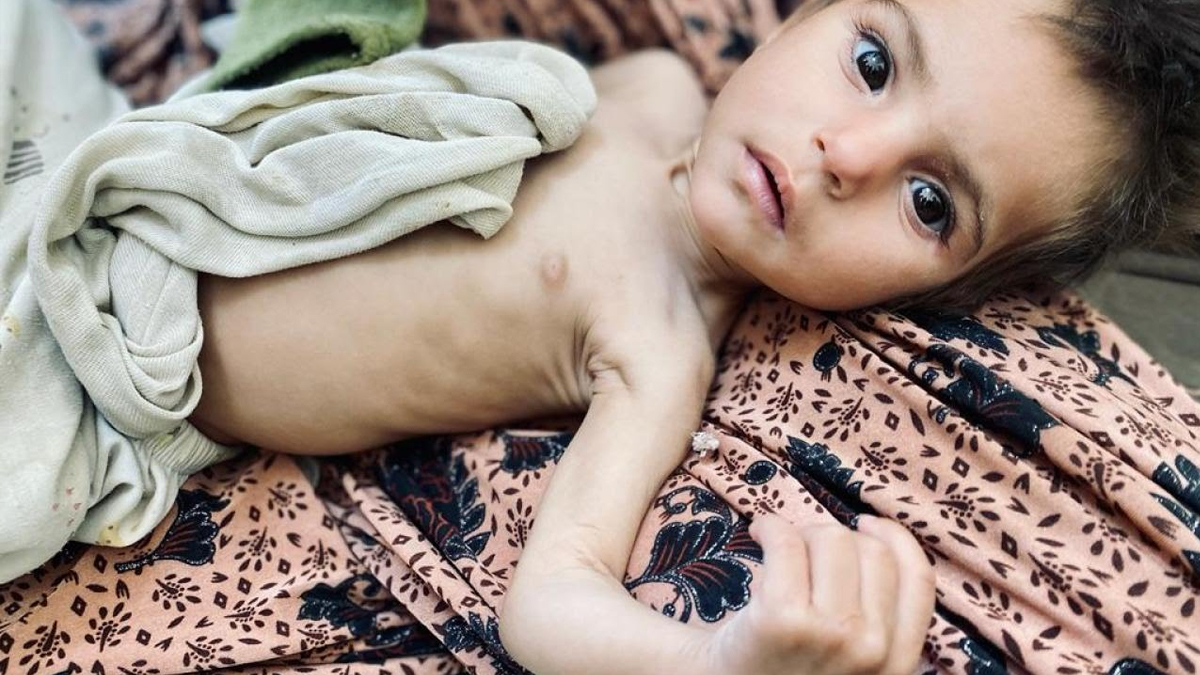
Ethics has traditionally focused on duties to persons. But do we also have duties to nature? To care for the environment? For other species? Animals can feel pain and suffer, so if minimizing pain and suffering is a moral duty, then animals would seem to be due some moral consideration. But, what about the environment? It doesn’t feel pain or suffer. Human beings and other living creatures are dependent on the environment for life. Does that mean that it is really for our sake that we should take care of the environment? Or, is there some intrinsic value to nature for its own sake, and we should respect that?
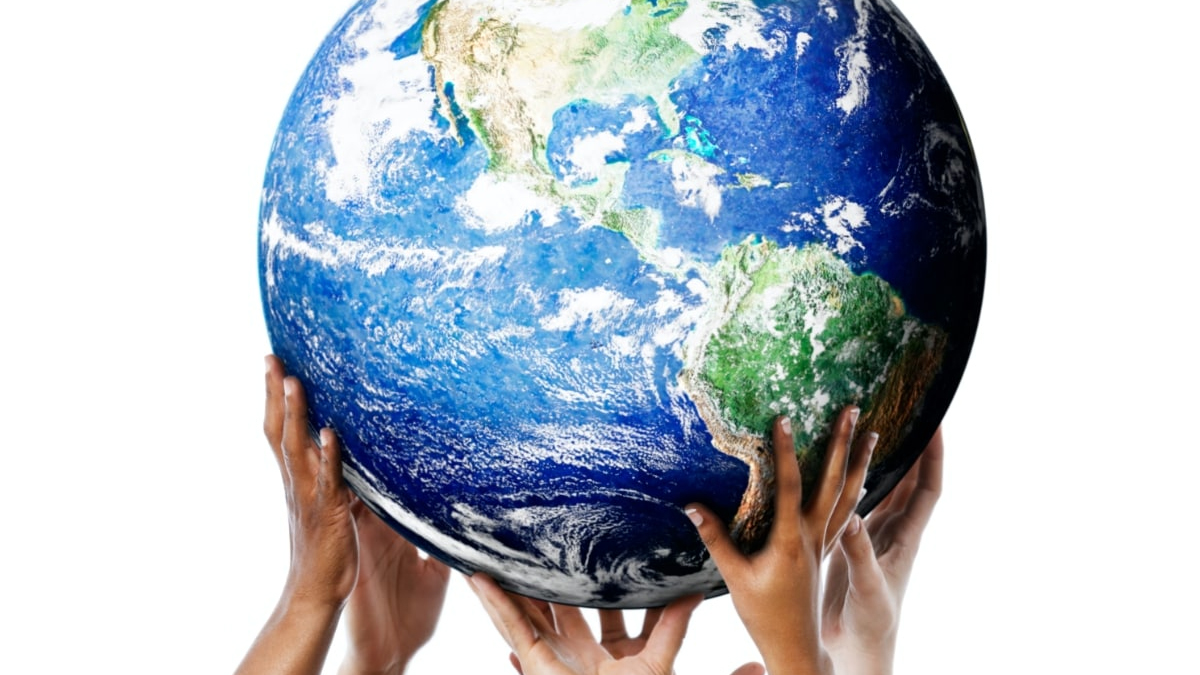
When someone has committed the worst of crimes, murder, what is the appropriate punishment for that person, and what is the principled basis for that punishment? In particular, is the death penalty warranted in such cases, and if so why? Or, does capital punishment seem to be adding the state’s inhumanity to the criminal’s inhumanity? For lesser crimes as well, there are debates about the justification for criminal punishment—retribution? reparation? rehabilitation? deterrence?—where different justifications support the appropriateness of different penalties. What is the most plausible justification for criminal punishment, and what are the most appropriate punishments for different crimes?

Laws against the use of various drugs are typically justified in two ways: preventing harm to the person who would use drugs, and preventing harm to the broader society (because a society is harmed if a lot of the people in it are harmed). Arguments for decriminalizing, or even legalizing, the use of various drugs involve claims that people are free to make their own decisions and live their own lives, even if they harm themselves; and claims that in practice laws prohibiting drug use tend to increase harm to individuals (for instance, by incarcerating non-violent offenders) and to societies (for instance, by turning the sale of drugs into a lucrative and violent criminal enterprise). What, on balance, is the best policy—in terms of well-being and in terms of rights—about the legal status of a range of different drugs?

In a clinical setting, healthcare workers confront life and death issues on a daily basis. What are the key ethical principles that guide one in practicing medicine ethically and in being an ethical healthcare professional?
How are ethical issues in the clinical setting with individual patients different from the ethical issues in public health, where the concerns are at the population level?

Who Should I Believe?
Error: View 12023afe6z may not exist
